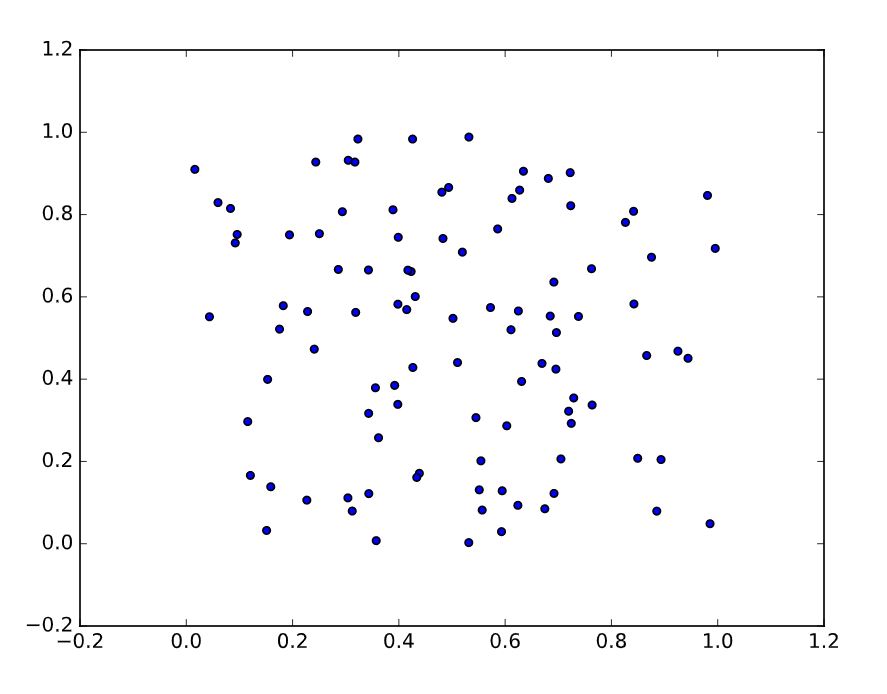Restricting the time individuals spend on their own research project to twenty hours a week might allow for greater equality and less burn-out.
There’s no such thing as a job for life anymore, has now become an old adage, we have moved on from that, to the point where a more common discussion is whether work-life balance is ‘a thing’ (1). However, much of what is sold to a new generation of academic researchers, starting out on a PhD is exactly that, the idea of a job for life. They are tacitly offered the prospect that they might follow in the footsteps of their academic mentors or supervisors. They are hijacked into thinking their doctorate, their academic papers, their conference presentations and their successful grant applications will lead to a permanent contract in academic research or higher education. The truth is, for some that will happen. It might mean working really long hours, facing countless rejections, reapplications and resubmissions but ultimately it is possible they will end up with a full time position at a University and never leave the academic world. For the majority though, the reality is they will leave academia and will have diverse and potentially more financially fruitful careers elsewhere. Arguments about what could be considered success we can leave to one side, but I am minded of the former PhD student who told me of their lucrative career in Management Consultancy and how the boss of the company had a Nature paper to their name, but had left academia of their own volition. What I really want to consider is how the careers of those who stay in academia develop . A study of Professors in the Netherlands indicated that their time conducting research was down to 17%, and this article suggests anyone who would like to continue in research should probably look outside of academia (2)
So how do we address the existential crisis in academic careers that seems to be at the route of problems in the research environment? Whether researchers have an open or fixed term contract they are always likely to call for more funding to resolve the issue. Whilst I wouldn’t argue with the idea of increasing funding for research, I’d be wary of suggesting this would be a panacea. More research funding is likely to mean more PhD students and more post doc positions, even if it did mean more open contracts they would quickly be filled and the issues of the promise of a career would not materialise for many.
The inequalities in research can be very obvious and policies to address those issues need to be firmly held up. However, some things relate to societal differences that affect people more broadly. Quite simply the 60+ hour working week many Early Career Researchers feel pressured to adhere to is a much more of a feasible option for someone without the caring responsibilities of children or elderly relatives. It’s also likely to be a good deal easier for those without physical disabilities or mental health issues. Simplistic legislation that demands equality will not be enough to deal with the complex issues that limit what people can do. Whilst some have recognised their own limits and realised that it is only possible to be truly productive for so long (3), there will still be many who are using presenteeism as a proxy for what it takes to be successful.
The answer to several of these issue maybe an acceptance that the development of new research ideas is improved by allowing academics more time to think and with a fairer distribution of the range of other administrative and teaching roles. Requiring a more nurturing environment for those learning from the academics means a greater contribution to research from everyone in the Higher Education system.
Here, I propose limiting the academic research of all research staff to a maximum of 20 hours per week . This might be an entire contract for a working parent. They could then avoid falling behind colleagues with who can devote more time to their research. Of course it would be up to institutions how the other 20 hours were made up. If this was included the support of undergraduate teaching, PhD supervision or technical support for other projects, that would all be good and could help with their own development in the broader sense of their careers. It could also be fairly allocated in order to that researchers could take a strategic approach to their applications for further research funding or to work as a reviewer or editor. As has been identified advancing in academic research tends to lead to growing out of it. Supporting and guiding researchers to longer careers in research with a broader role, encompassing their own development and the development of others, can only be to the long term advantage of the research environment. It may also help early career researchers recognise the importance of the broader aspects of a role in academia. Once more time is required to be devoted outside of the individual’s research project goals then a greater emphasis could be made in assessing their achievements in the broader environment.
With the academic role split more fairly for all on a full time contract covering administrative, teaching, outreach and development roles this could mean broader recognition of those activities. Success across all aspects of the role could then be considered when it came to. Perhaps, this may mean less promotion and fewer Professors, but ultimately if it provided more careers including research with passion and longevity this may create a flatter but happier pyramid of academic careers.




